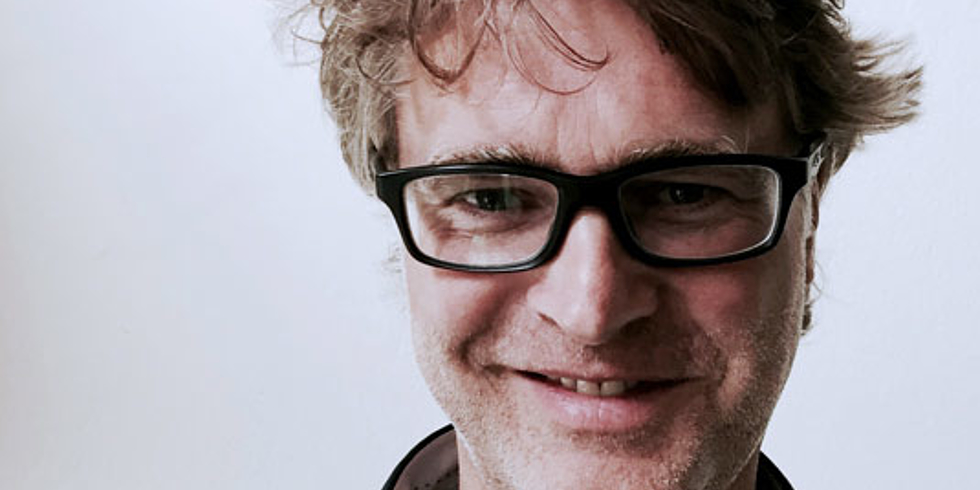Thilo Veil of Töchter & Söhne about caregiving networks in Berlin
In 2012, Thilo Veil founded “Töchter & Söhne Gesellschaft für digitale Helfer mbh”, a startup aimed at supporting caregivers. In this interview, he tells Projekt Zukunft what holds many people back when it comes to providing care to family members and how online tools can solve this dilemma.
Mr Veil, your startup Töchter & Söhne is offering online courses for people who want to help other people in need of care. To what degree are potential helpers held back by the fear of doing something wrong?
We see a high degree of intrinsic motivation and insufficient knowledge at the same time. The largest caregiving service in Germany, consisting of eight to ten million family members and volunteers, is almost entirely made up of laypersons who are facing legal provisions that are complex and subject to frequent changes. This can cause great uncertainty which we are trying to alleviate by offering e-learning courses and other digital tools.
Can you briefly introduce us to some your projects?
One of the focal points is our website at www.curendo.de, where visitors have access to our community of caregiving relatives and our e-learning offers. Also, there’s a recent addition to our range of offers: At www.demenz-spezial.de we provide home care support to family members of people suffering from dementia.
Our largest customer project is www.dak-pflegecoach.de which we are offering in cooperation with health insurance provider DAK Gesundheit. The website gives free advice to policy holders on how to provide care at home.
In addition, we have framework contracts with care insurance companies such as hkk. Under these contracts, hkk undertakes to pay the fees for our courses, for example online courses on providing care to people suffering from Alzheimer’s disease and dementia. Upon entering your insurance number, courses will be free for you to attend.
How do you coordinate your collaboration with health insurance companies, care insurers and self-helf associations?
Currently, we are working with two models:
Model number one: The first ten company health insurance funds have signed framework agreements for the provision of training via curendo.de and demenz-spezial.de. Insured persons can pay their course fees for our e-learning offers with their insurance card, without having to pay for it themselves. Depending on their use, we settle up with our partner care insurance fund.
Model number two: We integrate our e-learning offers and digital support tools for caregivers entirely into existing communications concepts provided by the care insurers, for example DAK Gesundheit. As a full service provider we develop, implement and operate innovative digital offerings in cooperation with our partners that aim to support caregivers at home and provide access to relief measures.
What are the advantages that online courses may have compared to similar offline offers?
In Germany, caregiving courses are a mandatory service that has to be provided by care insurance funds. Nevertheless, it can be difficult to find a course in close proximity and at the right time. Usually, caregiving courses last two to three days. Quite often, people simply don't have the time with busy work and family lives. However, caregivers need advice and information, particularly when they are suddenly thrown in a new care situation.
How do you establish contacts to other organisations and companies working in the care sector?
We frequently attend caregiving events which are held regularly, especially in Berlin. However, being a startup that is completely digital, we are a bit of a rare species at these events. Nonetheless, we are quite often welcomed with open arms and met with great interest which has led to many fruitful conversations and exciting contacts.
You have your office in one of the Berlin-based startup hubs called Rainmaking Loft: Are there regular exchanges between startups in these hubs?
We have a really nice atmosphere, we help and inspire each other in our conversations.
Mr Veil, finally, could you please complete the following sentence: Berlin is...
... beautiful!
Contact
Tanja Mühlhans
Leitung Kreativ- und Medienwirtschaft, Digitalwirtschaft, Projekt Zukunft


